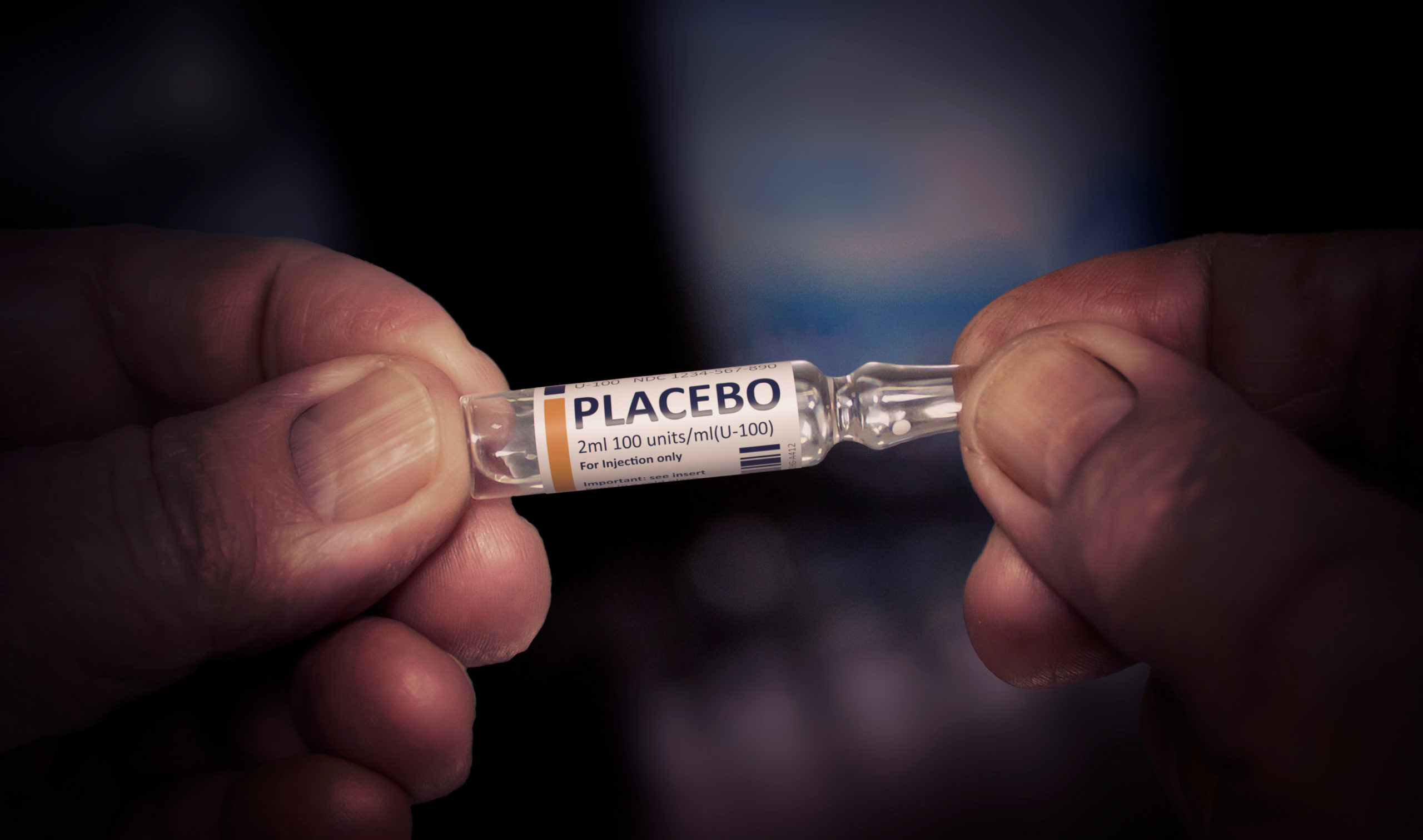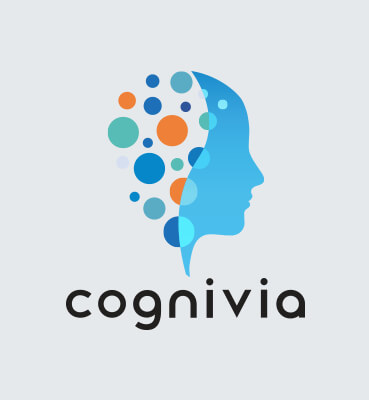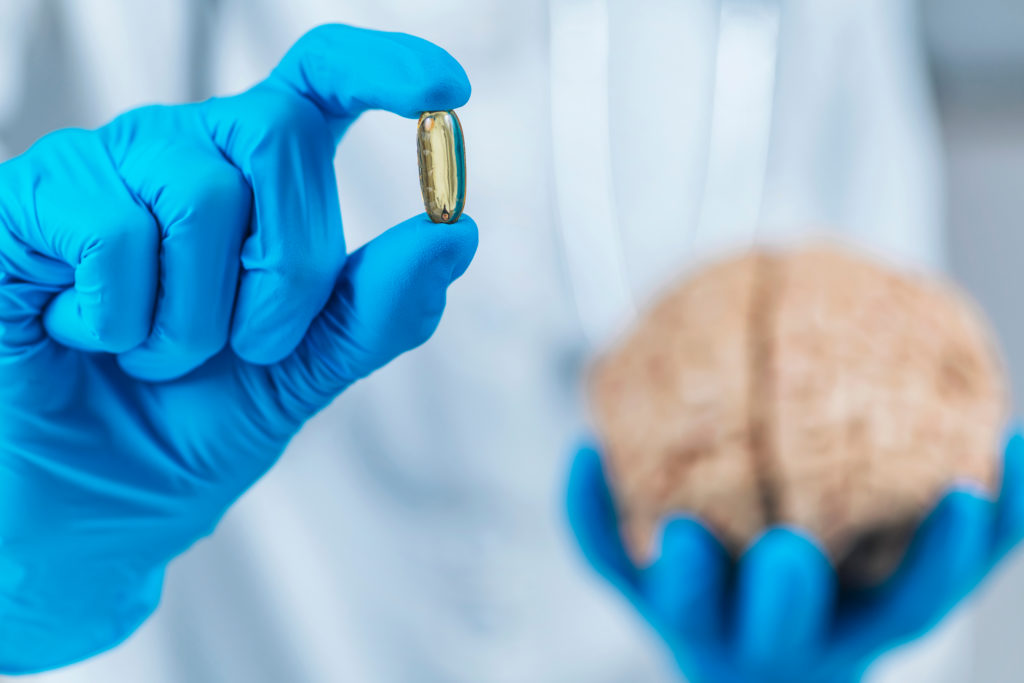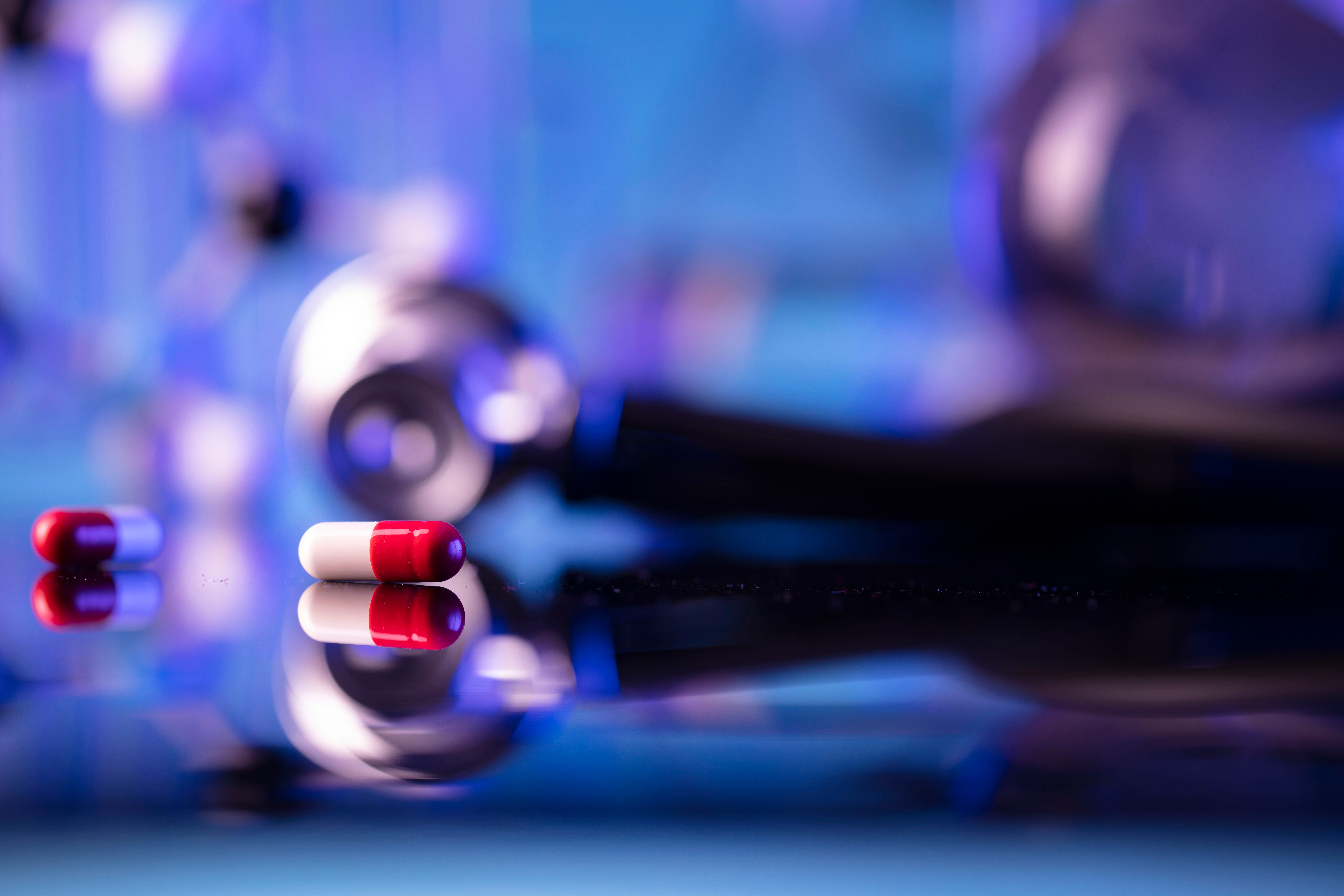The placebo effect plays a big role in all phases of drug development. In this blog, we examine its origins and how understanding it better can lead to more successful clinical trials.
What is a Placebo?
Placebos are inactive substances that mimic a drug or therapeutic being tested, yet they have no real impact on the disease or condition an experimental drug is designed to treat. In most cases, a placebo is an inactive sugar pill.
How Are Placebos Used?
Placebos are used in randomized, placebo-controlled trials, in which one group (or more) receives the active treatment and the other group receives the placebo control. This type of study is considered the gold standard of clinical trials for three reasons:
- Randomization eliminates potential biases
- Researchers can measure if the drug works by comparing how both groups react
- Researchers can evaluate the drug safety of administration by comparing to an unactive treatment
If both groups react similarly (improvement or not), the experimental drug has failed. If the active drug has better efficacy over the placebo with an acceptable safety profile, then the drug has a better chance of being approved.
By definition, it seems simple. But in reality, it’s not.
Indeed strangely enough, the placebo effect is getting stronger, particularly in the U.S. – and it’s undermining the potential of what may otherwise be effective drugs – because responding to a placebo is not necessarily proof that a given treatment doesn’t work.
To understand this problem, let’s discuss what “placebo effect” means in the context of clinical trials.
What is the Placebo Effect in Clinical Trials?
The placebo effect is a biopsychological phenomenon that occurs in many clinical trial patients as a product of their response to a placebo. Because of the way it engages perceptual and cognitive processes, the placebo effect can produce beneficial, neurobiological events.
In other words, something real happens in the patient’s brain that induces a change in their symptoms (or perception of symptoms). While precise causes of the placebo effect are still being understood, it can be attributed to a number of psychological and neurobiological factors.
Where Does the Placebo Effect Come From?
#1 Psychological Factors
Classical conditioning, a type of learning, happens when a patient associates something with a specific response. In short, people are used to taking medication to feel better. So, the act of physically taking a pill may elicit a positive response, even if there is no active ingredient.
A patient’s expectations and motivations may also impact the placebo effect. If a patient expects a treatment to make them feel better, they may actually feel better after taking it. Or if the nurse administering the treatment seems reassuring, the patient may feel more positive about the treatment’s potential effectiveness. From a motivation perspective, if the patient really hopes for the treatment to work, they might feel better after taking the placebo.
#2 Neurobiological Factors
Patients who experience the placebo effect have been found to have increased levels of “feel-good” neurotransmitters, like endorphins and dopamine. This activity in the brain then produces real, physically manifested results.
In fact, a growing body of research shows that placebo effects have considerable potential to alleviate many common symptoms and conditions. This is especially true for conditions that rely on subjective assessment of symptom, including:
- Pain
- Anxiety
- Depression
- Irritable Bowel Syndrome
- Cough
- Pruritis
- Dry eye disease
- Schizophrenia
So, when a patient receives a drug in a clinical trial, there’s a chance they will have a placebo effect – whether they are taking the placebo or the active drug – thus, impacting the results of the trial.
How the Placebo Effect Impacts Clinical Trials
Note here that the placebo effect is only one component of the placebo response and overall drug response in clinical trials. The placebo response includes the placebo effect, study effect, regression to the mean and other biases. The placebo response is a significant component of measured efficacy of drugs, specifically in areas like depression and pain.
For example, in antidepressants, the placebo response is responsible for up to 62% of the measured drug response. In pain-related therapies, as much as 68% of the measured drug response is attributed to placebo response. This is a problem in patients not only receiving the placebo but also the active drug.
Since drug efficacy is measured as the difference between the response of the drug-treated group of patients compared to the response of the placebo-treated group of patients, understanding the placebo response is critical to evaluating drug efficacy. An unexpected or higher than normal placebo response can make it more difficult to detect efficacy in a clinical trial – even if the drug is actually effective.
Conclusion
The placebo effect is only one component of the placebo response and overall drug response in clinical trials, but understanding this aspect will help drug developers address one of the most complex issues challenging drug development.
The key is not to eliminate the placebo effect but to identify and understand its presence so you can better measure drug effectiveness.
Placebell©™ is a proven solution that de-risks drug development by reducing data variability related to the placebo response. Contact us to learn more.





